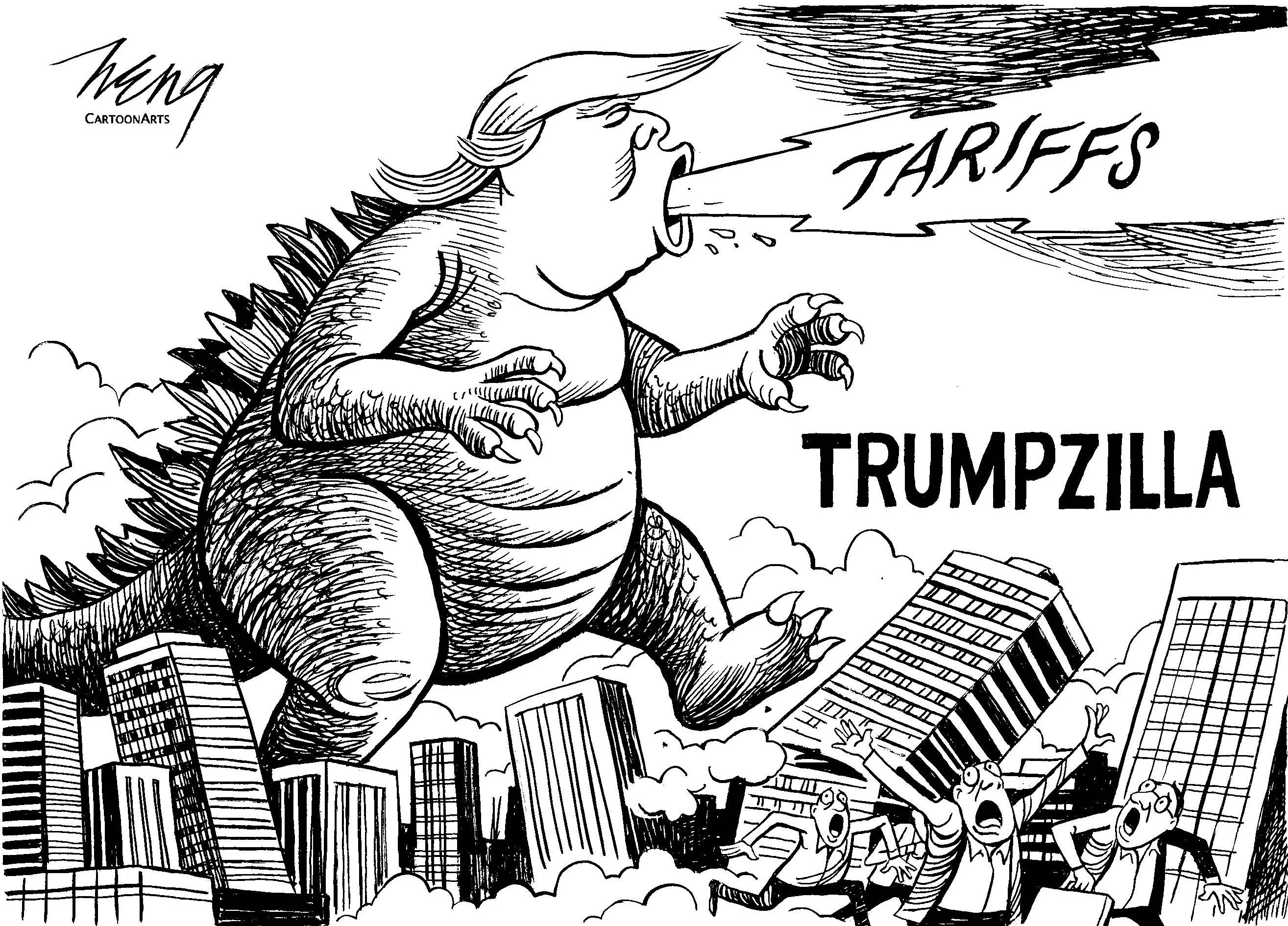In a 1960 U.S. Supreme Court decision, Justice Potter Stewart famously declared that while he couldn’t define pornography, “I know it when I see it.” That was intended to be a limiting principle that still sought to accommodate local sensitivities. A similar sort of flexibility has crept into thinking about “national security,” as governments claim a unilateral right to define it as they please.
There are historical and legal rationales for an expanded notion of national security, but many advocates of “the new national security” are opportunists, seeking a respectable veneer for otherwise legally questionable actions. Unfortunately, there is no international equivalent to Justice Stewart who can definitively declare that while (s)he “may know it when I see it, this isn’t it.”
For most people, national security centers on defending “the state” against foreign actions that threaten its territorial or physical integrity, and the primary means of providing for that defense is with a military. There are other instruments of foreign policy but in an anarchic world with no supranational police, those alternative tools of statecraft are backstopped by the threat of the use of force.


















With your current subscription plan you can comment on stories. However, before writing your first comment, please create a display name in the Profile section of your subscriber account page.